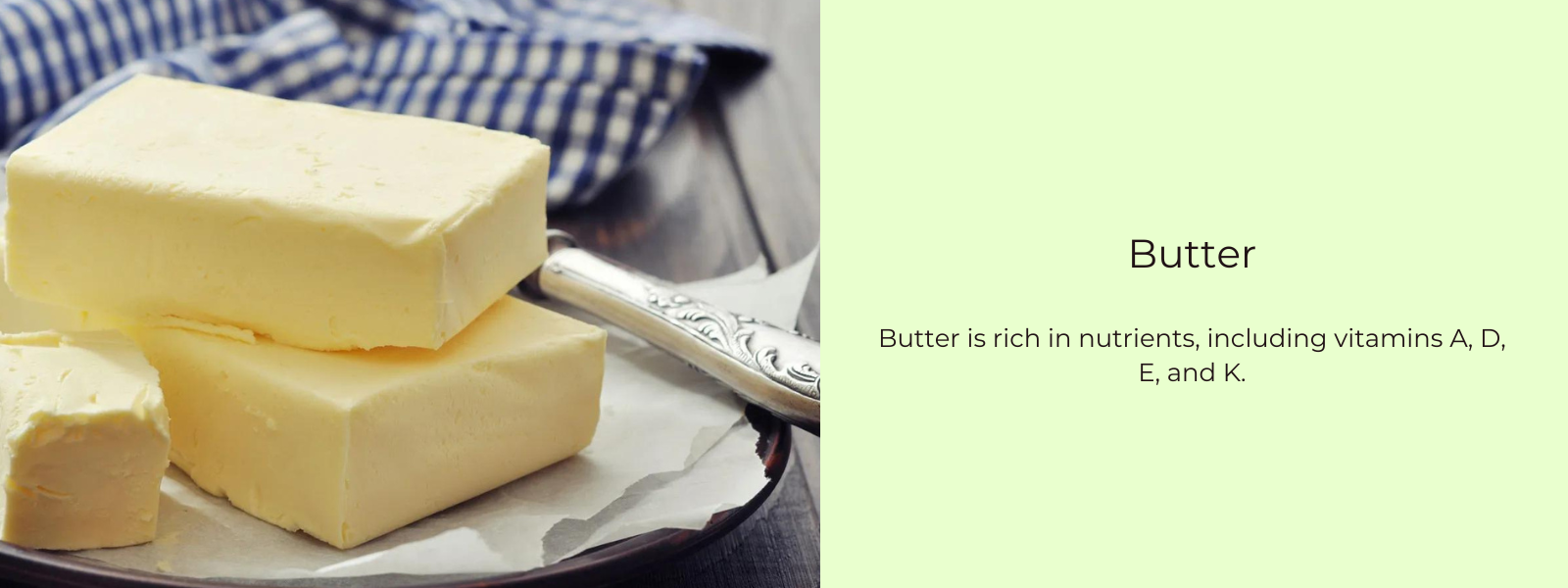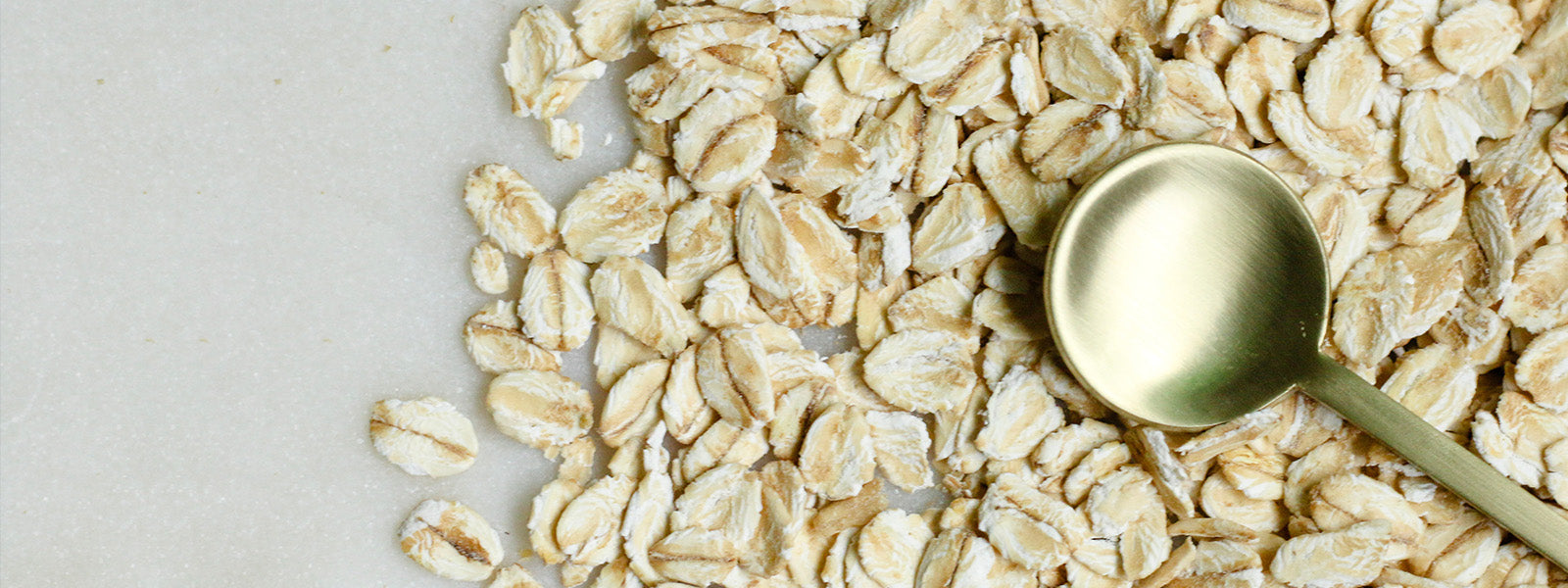Greek yoghurt is a thick, creamy yoghurt that can enhance the flavour and texture of cuisine. In addition, it may improve bone health, develop muscle mass, and reduce the likelihood of type 2 hypertension and diabetes.
Table of Contents
What is Greek yoghurt?
Since earliest times, yoghurt has been eaten as a dairy product. The Greeks were among the first to record yoghurt use in 100 BC.
It is believed that the term "yoghurt" originated from the Turkish word "yourmak," that refers to thicken, curdle, as well as coagulate.
There are numerous forms of yoghurt, including Greek-style yoghurt, which contains more protein than other yoghurt varieties.
Greek yoghurt, also known as "strained" yoghurt, is produced by fermenting yoghurt in containers followed by straining whey along with additional liquids in the final stages of processing. The procedure produces a product with a greater concentration of protein that is thicker.
Nutritional profile of Greek yoghurt:
The following is the USDA's nutritional rundown for one 7-ounce package of basic, low-fat Greek yoghurt:
Total Fat: 4 g
Total Carbohydrates: 8 g
Calories: 146
Protein: 20 g
Calcium: 230 mg
Iron: 0 mg
Fibre: 0 g
Sugars: 7 g
Selenium: 35 micrograms
Potassium: 282 mg
Health benefits of Greek yoghurt:
Greek yogurt's minerals, vitamins, and probiotics can provide significant health benefits. Greek yoghurt, for example, can contribute to your regular probiotics intake.
Potassium is essential for maintaining blood pressure and balancing sodium levels. Greek yohgurt also plays an essential role in maintaining a regular heartbeat and contracting muscles.
Additionally, Greek yoghurt is a great source of vitamin B12 that helps prevent anaemia and maintains healthy blood cells and neurons.
Apart from these, Greek yoghurt offers the following health benefits:
Reduces blood pressure
Physiologically, your blood pressure is maintained by the equilibrium among sodium and potassium. An excess of sodium can elevate blood pressure, whereas potassium lowers blood pressure. Potassium-rich Greek yoghurt aids in the maintenance of a healthy blood pressure level. There is substantial clinical evidence that fermented milk containing probiotics can lower blood pressure.
Reduces the likelihood of developing type 2 diabetes
Recent research indicates that yoghurt may help lower the possibility of type 2 diabetes. It might impact the body's ability to metabolise sugar.
Abundant in vitamin B12
Vitamin B12 is essential for brain, nerve, and red blood cell function. Megaloblastic anaemia, a form of red blood cell disorder, is caused by its deficiency.
Increases metabolism and aids in weight maintenance
Greek yoghurt is an excellent source of iodine, an essential mineral for the body. Iodine is necessary for the efficient operation of the thyroid gland, which plays a central role in regulating the body's metabolism. Iodine deficiency impairs weight gain and metabolism. Eating the proper amount of iodine-containing foods, such as Greek yoghurt, can increase metabolism and aid in weight maintenance.
Nutritional sustenance after exercise
Due to its high potassium and protein content, Greek yoghurt is a great choice for post-workout recovery. Its protein content aids in the repair of muscle fibres damaged during exercise. Even avocados are beneficial for post-exercise recovery.
Ways to include Greek yoghurt in to diet:
Greek yoghurt can be consumed as a refreshment or breakfast on its own, with fruit and/or nuts, or blended into a smoothie.
Greek yoghurt can also be easily substituted with similar ingredients. For instance, it can be substituted for mayonnaise in tuna, poultry, and egg salads. Greek yoghurt can also be integrated into salad dressing to render it creamier.
How to eat Greek yoghurt?
Greek yoghurt has a flavour profile distinct from other yoghurts. Due to the removal of more moisture, the fermented flavour is more apparent.
This robust flavour makes plain Greek yoghurt an excellent complement to savoury dishes. The flavour and texture can be used to replace sour cream, thicken sauces or complement robust and spicy flavours.
Greek yoghurt, on the other hand, can be consumed as a dessert or an expedient breakfast by adding honey or fruit.
Here are a few recommendations for incorporating Greek yoghurt to your diet:
- Greek yoghurt and honey is a straightforward breakfast option.
- Use unflavored Greek yoghurt as a substitute for sour cream.
- Greek yoghurt is blended into a smoothie.
- Blend Greek yoghurt into smooth condiments.
- Greek yoghurt is combined with artichoke dip.
Is Dahi and yoghurt the same?
Curd or Dahi is a dairy product created by curdling milk with an acidic substance, such as lemon juice or vinegar, whereas yoghurt is produced by bacterial fermentation of milk using a yoghurt culture containing Lactobacillus bulgaricus and Streptobacillus thermophiles.
What is the difference between Greek yogurt and regular yogurt?
Greek yoghurt is yoghurt that has been strained to eliminate its whey, which gives it a thicker consistency than unstrained yoghurt while retaining its characteristic sour flavour.
Greek yoghurt is distinguished from other yoghurts by a straining procedure that removes the whey. Whey is a liquid containing lactose, a naturally occurring sugar present in milk. Creating yoghurt entails fermenting milk with beneficial bacteria cultures.
Greek yoghurt contains less lactose than regular yoghurt. The removal of whey results in a denser, creamier, and tangier yoghurt.











Leave a comment